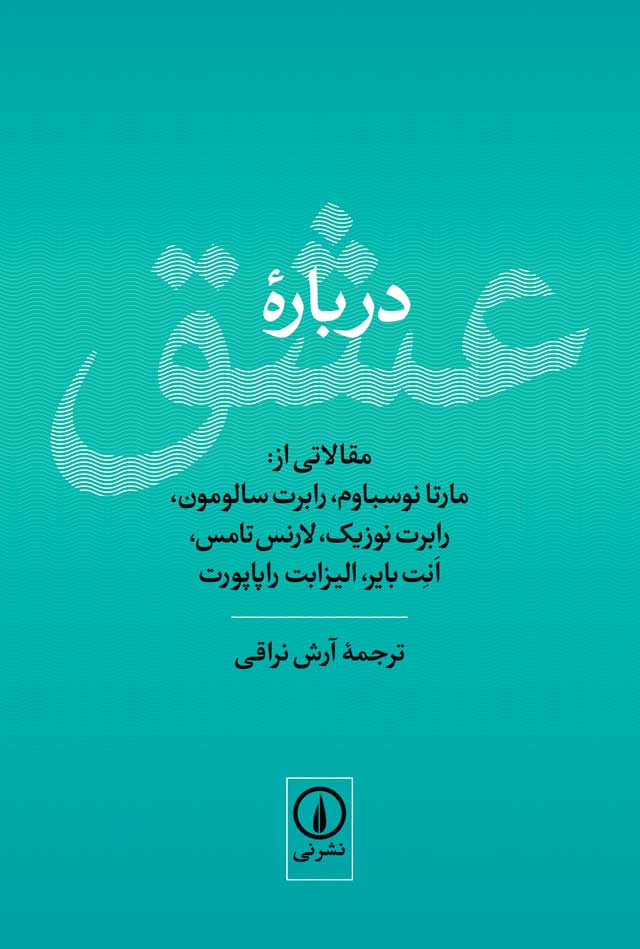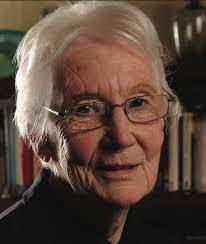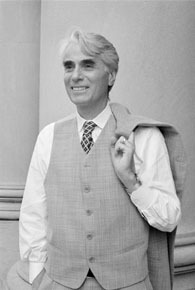
مقالاتی از: مارتا نوسباوم، رابرت سالومون، رابرت نوزیک، لارنس تامس، اَنِت بایر، الیزابت راپاپورت احتمالاً در جهان جدید مهمترین تحولی که در قلمرو عشقشناسی رخ داده است غلبهی عشق مجازی بر عشق حقیقی است. عشقشناسی قدما عموماً «عشق حقیقی» یا «عشق الهی» را بر صدر مینشاند، و عشق مجازی را به دیدهی تحقیر مینگریست، یا صرفاً آن را وسیلهای (ولو ارزشمند و حتی جایگزینناپذیر) میدانست برای نیل به عشق حقیقی. اما در عشقشناسی جهان مدرن، عشق حقیقی همان است که در چشم پیشینیان مجازی تلقی میشد. این کتاب مشتمل بر ترجمهی پارهای مقالات فلسفی مهم در خصوص عشق یا به بیان دقیقتر، «عشق مجازی»، یعنی عشق رمانتیک یا اروتیک میان انسانهاست. نویسندگان این مقالات ازجمله فیلسوفان صاحبنام در سنت فلسفهی معاصر هستند، و هریک میکوشد تجربهی عشق انسانی را از زاویهای خاص مورد تحلیل و بررسی قرار دهد.
Authors

Annette Claire Baier (née Stoop; 1929 - Nov. 2, 2012), a well-known moral philosopher and Hume scholar, focused in particular on Hume's moral psychology. She is well known also for her contributions to feminist philosophy and to the philosophy of mind, where she was strongly influenced by her former colleague, Wilfrid Sellars. Her husband was the philosopher Kurt Baier. For most of her career she taught in the philosophy department at the University of Pittsburgh, having moved there from Carnegie Mellon University. She retired to her native Dunedin, New Zealand, where she graduated from the University of Otago. She is a former President of the Eastern Division of the American Philosophical Association, an office reserved for the elite of her profession. Baier received an honorary Doctor of Literature from the University of Otago in 1999.


Robert C. Solomon (September 14, 1942 – January 2, 2007) was a professor of continental philosophy at the University of Texas at Austin. Early life Solomon was born in Detroit, Michigan. His father was a lawyer, and his mother an artist. After earning a B.A. (1963) at the University of Pennsylvania, he moved to the University of Michigan to study medicine, switching to philosophy for an M.A. (1965) and Ph.D. (1967). He held several teaching positions at such schools as Princeton University, the University of California, Los Angeles, and the University of Pittsburgh. From 1972 until his death, except for two years at the University of California at Riverside in the mid-1980s, he taught at University of Texas at Austin, serving as Quincy Lee Centennial Professor of Philosophy and Business. He was a member of the University of Texas Academy of Distinguished Teachers. Solomon was also a member of the inaugural class of Academic Advisors at the Business Roundtable Institute for Corporate Ethics. His interests were in 19th-century German philosophy—especially Hegel and Nietzsche—and 20th-century Continental philosophy—especially Sartre and phenomenology, as well as ethics and the philosophy of emotions. Solomon published more than 40 books on philosophy, and was also a published songwriter. He made a cameo appearance in Richard Linklater's film Waking Life (2001), where he discussed the continuing relevance of existentialism in a postmodern world. He developed a cognitivist theory of the emotions, according to which emotions, like beliefs, were susceptible to rational appraisal and revision. Solomon was particularly interested in the idea of "love," arguing against the notion that romantic love is an inherent state of being, and maintaining, instead, that it is instead a construct of Western culture, popularized and propagated in such a way that it has achieved the status of a universal in the eyes of many. Love for Solomon is not a universal, static quality, but an emotion, subject to the same vicissitudes as other emotions like anger or sadness. Solomon received numerous teaching awards at the University of Texas at Austin, and was a frequent lecturer in the highly regarded Plan II Honors Program. Solomon was known for his lectures on Nietzsche and other Existentialist philosophers. Solomon described in one lecture a very personal experience he had while a medical student at the University of Michigan. He recounted how he stumbled as if by chance into a crowded lecture hall. He was rather unhappy in his medical studies at the time, and was perhaps seeking something different that day. He got precisely that. The professor, Frithjof Bergmann, was lecturing that day on something that Solomon had not yet been acquainted with. The professor spoke of how Nietzsche's idea asks the fundamental question: "If given the opportunity to live your life over and over again ad infinitum, forced to go through all of the pain and the grief of existence, would you be overcome with despair? Or would you fall to your knees in gratitude?" Solomon died on January 2, 2007 at Zurich airport. His wife, philosopher Kathleen Higgins, with whom he co-authored several of his books, is Professor of Philosophy at University of Texas at Austin.
